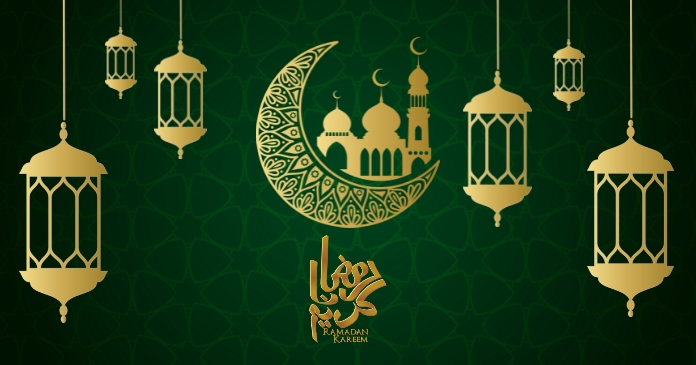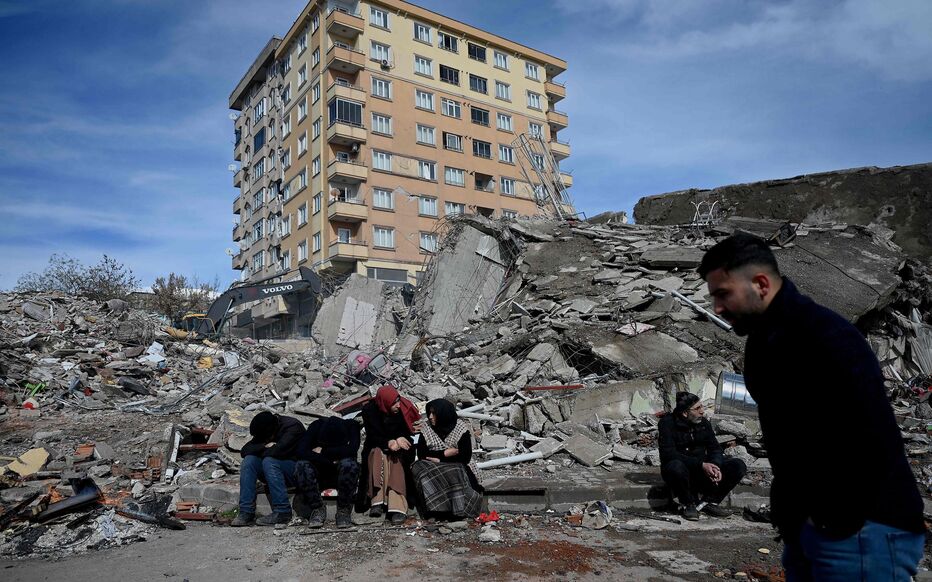This Saturday April 2 begins the month of fasting, the month of Ramadan. Here is the practical and useful information to know to better understand Ramadan 2022 in Turkey.
Ramadan (Ramazan in Turkish) is the fourth of the five pillars of Islam (with the profession of faith – the Shahada or Kelime-i şehâdet in Turkish -, almsgiving, the pilgrimage to Mecca, and the prayer five times per day), its practice is therefore of paramount importance in the lives of many Muslims in Turkey and elsewhere in the world.
Some general information about Ramadan in Turkey
Originally, the month of Ramadan is the ninth month of the lunar calendar, during which the Quran was revealed to the Prophet Muhammad during the “Night of Destiny” (Laylat ul Qadr – Kadir gecesi in Turkish). In the Holy Book, Allah proclaims that fasting (oruç) must be followed by Muslims.
If Ramadan never corresponds to the same period of our calendar, it is because unlike the solar calendar, the Muslim lunar calendar has eleven or twelve days less, and therefore shifts the period of fasting (about 10 days) by advancing it from one year to the next.
During the month of Ramadan, Muslims (from puberty) get up before dawn to take their first meal, which is called sahur, and which they must finish before the call to prayer (imsak) in the morning. At sunset, with the evening prayer, they break the fast with the meal called iftar. Between sunrise and sunset, fasting people must abstain from drinking, eating, smoking and having sexual intercourse.
In the event of an unfortunate breaking of the fast (kaza orucu), the person will have to make up for it by fasting one more day for each day of fasting not respected (this, before the following Ramadan).
Some people may be completely exempt from fasting, such as the very old, sick people, children, pregnant women or menstruating women.
In general, during the fast, Muslims must respect the principles of moderation, humility and solidarity. The month of Ramadan celebrates generosity, hospitality, patience and tenacity.
A little vocabulary to navigate with Ramadan in Turkey
Oruc: fasting
Oruç tutmak: to fast (Oruç tutuyorum: I am fasting / Oruç tutuyor musun-uz?: are you fasting?)
Sahur: morning meal, before the first prayer (imsak) and sunrise
Iftar: meal for breaking the fast in the evening, at sunset
“Allah kabul etsin”: “May God accept”, these are the words that are pronounced when breaking the fast
Imsak: name of the first morning prayer, and therefore the moment when the fasting person must stop eating (this prayer takes place around 1h30 before sunrise)
Namaz: the prayer (Imsak namazı: first prayer of the day; öğle namazı: the midday prayer; ikindi namazı: the afternoon prayer, akşam namazı: the evening prayer, yatsı namazı: the last prayer of the day, before going to bed).
Teravih namazı: it is a special prayer that is done only during the month of Ramadan, (it follows the last evening prayer, yatsı namazı). Thus, Muslims meet at the mosque, and then socialize at the end of this prayer; often men go to kahvehane or kıraathane.
Fidye: it is a donation (in food or money) made by a person who does not observe the fast (due to illness, old age etc.).
After two years of cancellation, iftars, traditionally organized by town halls, should be able to be held this year, the pandemic slowing down.
Kadir gecesi, the 27th night of Ramadan, is very important for Muslims; it will take place this year on the night of April 27 to 28. Depending on the provinces and traditions, certain festivities are in principle organized during that night.
Regarding fasting times, they change in Turkey from one region to another (because they are subject to sunrise and sunset times). For example, in Istanbul this Saturday, April 2, fasting will begin at 5:12 a.m. with morning prayer (imsak), and end at 7:36 p.m. with evening prayer (akşam). Istanbulites who observe Ramadan will therefore have to fast a little more than 14 hours. The further we advance in the month of Ramadan, the longer the period of fasting will be…
If you do not practice Ramadan, it is recommended that you avoid eating, drinking, or smoking in the presence of people who are fasting, this is frowned upon.
May 1 will be the last day of fasting. Ramadan will end with a national holiday, the Şeker Bayramı (“Sugar Festival”), a 3-day celebration, which will last from May 2 to 4. Around 70 days after the end of Ramadan (July 9-12, 2022) Muslims will celebrate Kurban Bayramı (more commonly known as Eid), also marking a national holiday in Turkey.
To our Muslim readers: Hayırlı Ramazanlar!




Comments are closed